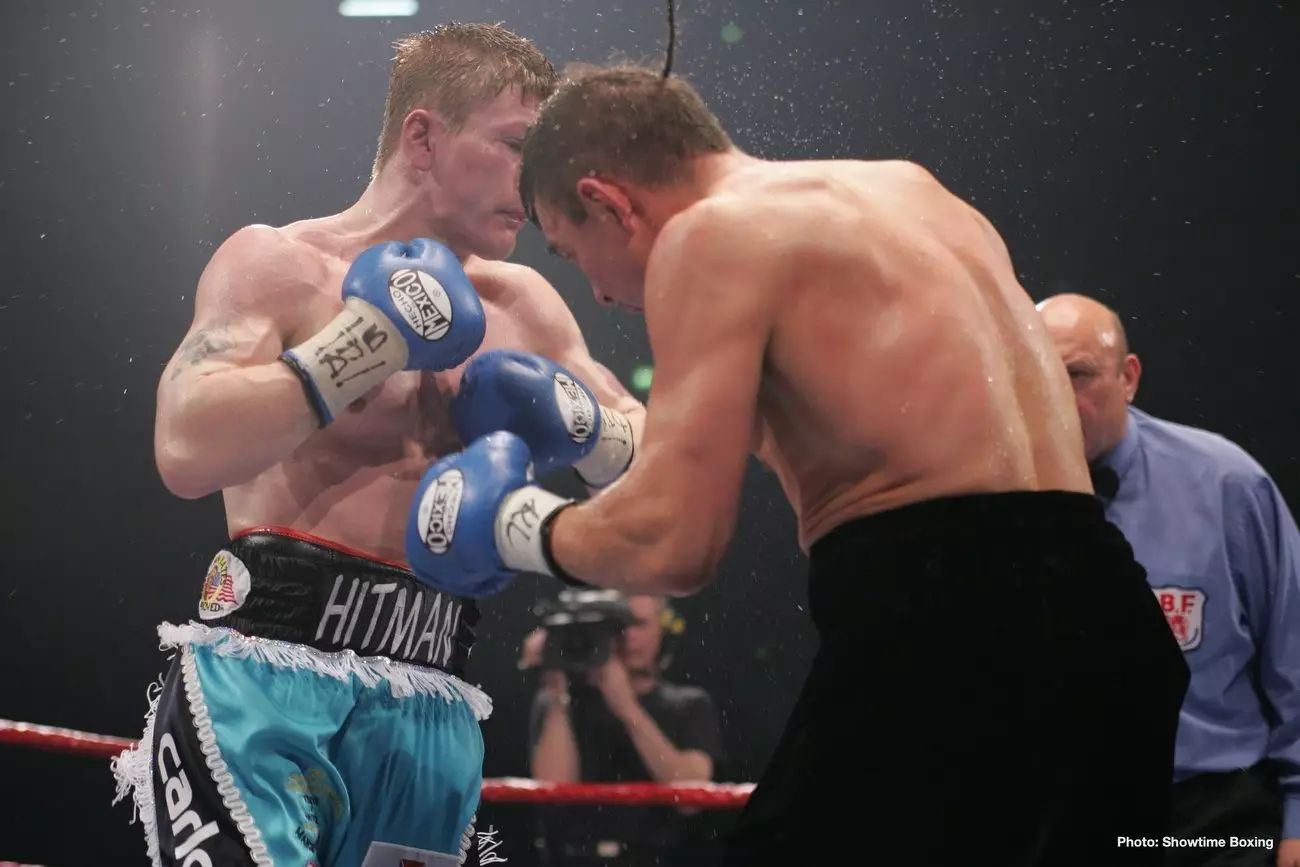Ricky Hatton, a name that once echoed through the boxing world as a symbol of determination and relentless spirit, appears poised to make a surprising and ambitious comeback. At 46 years old, Hatton’s decision to step back into the ring defies the typical narrative of retirement, challenging the notion that a champion’s fire diminishes with age. His upcoming bout in Dubai against Eisa Aldah signifies more than just a fight; it’s a testament to his unyielding passion for the sport. Unlike many who fade into obscurity, Hatton’s return demonstrates a profound love for boxing that refuses to be extinguished by time or past setbacks.
Facing the Challenges of Age and Legacy
Every fighter’s journey is fraught with hurdles, especially when contemplating a comeback after years away from the ring. For Hatton, the physical toll accumulated over his illustrious career and subsequent retirement casts doubt on his current capabilities. His last significant fight in 2012 ended with a loss, and he openly admitted that “it’s not there any longer.” Yet, the desire to chase one more moment of glory or perhaps to redefine his legacy seems to outweigh these rational concerns. It’s a gamble, no doubt, risking his reputation and health, but also revealing a core truth about fighters: the indomitable will to test their limits, regardless of age or the odds stacked against them.
The Significance of the Opponent and Location
The choice of Eisa Aldah as Hatton’s opponent is intriguing. As the first professional boxer from the Gulf region, Aldah symbolizes a new frontier in the sport, blending cultural boundaries and expanding the global reach of boxing. This match in Dubai not only offers Hatton a platform for redemption or affirmation but also signifies the sport’s expanding international appeal. This bout is more than a contest; it’s a statement that legendary fighters can still make waves, that their influence endures beyond their prime. The event’s setting in Dubai further emphasizes boxing’s evolution into a truly global phenomenon, where past icons actively shape the future on unfamiliar shores.
What Will This Return Truly Mean?
While some skeptics might dismiss Hatton’s comeback as a nostalgic stunt or a reckless venture, it is essential to view it through a different lens. Often, the true essence of a fighter lies not solely in winning belts but in the courage to continue challenging oneself. Hatton’s willingness to return, even with the knowledge of the risks, underscores a powerful message: the spirit of competition—and by extension, life—must be embraced with resilience and passion. In a sport that glorifies resilience and grit, Hatton’s decision might serve as inspiration for others who face their own battles, both inside and outside the ring.
This comeback, whether it results in victory or defeat, illuminates the enduring nature of the human spirit. It’s a reminder that age can be just a number, and greatness is not confined to youth. Hatton’s journey back into boxing’s unforgiving arena could redefine what it means to be a legendary fighter—an eternal warrior who refuses to bow out quietly.

